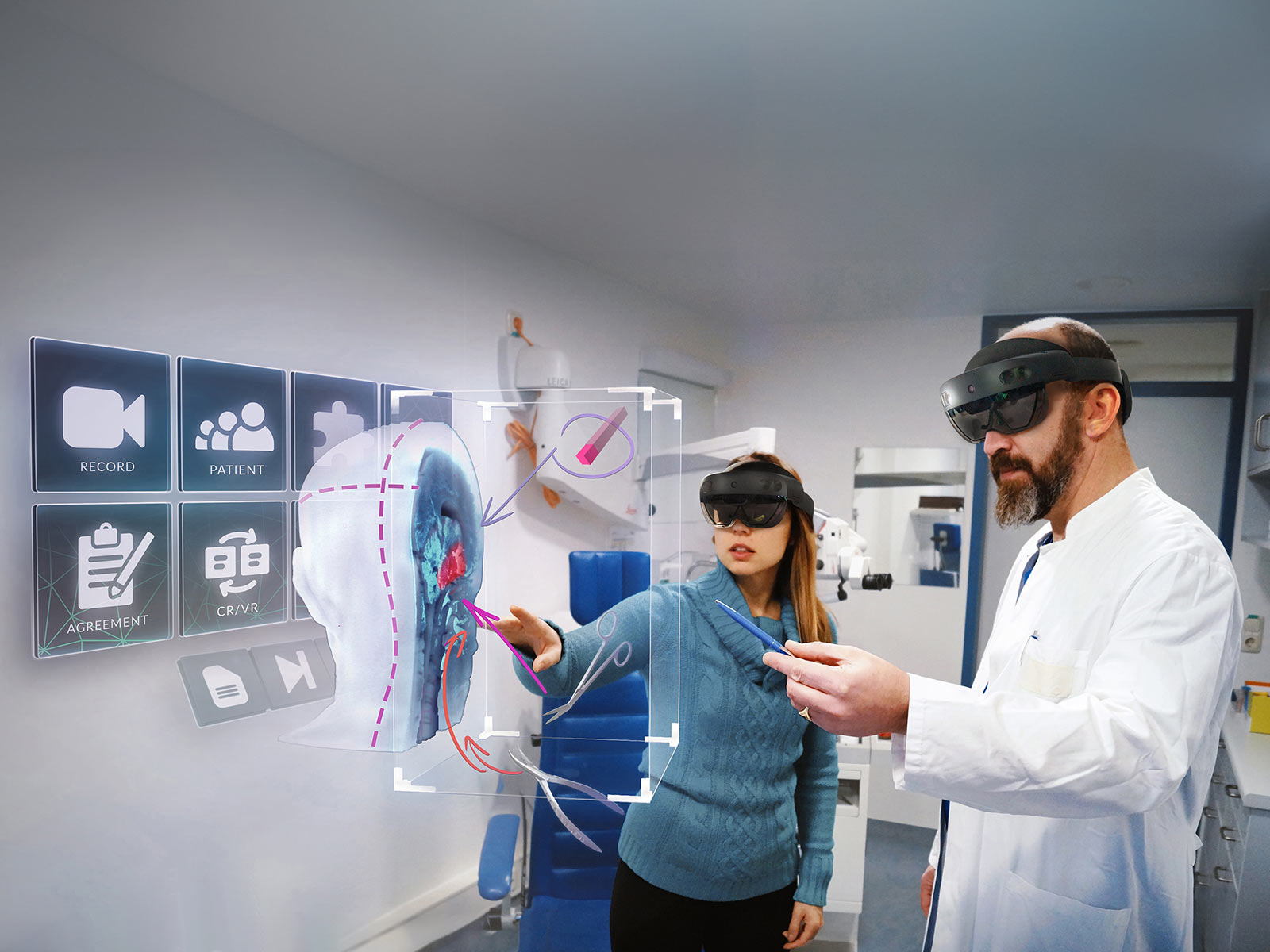One quarter
of all deaths in Singapore in 2021 were caused by ischaemic heart disease and cerebrovascular diseases

Issue 49
Feb 2024
AFFAIRS OF THE HEART
By Dr Sia Ching Hui, Consultant, Department of Cardiology, National University Heart Centre, Singapore and Junior Academic Fellow, Department of Medicine, NUS Yong Loo Lin School of Medicine
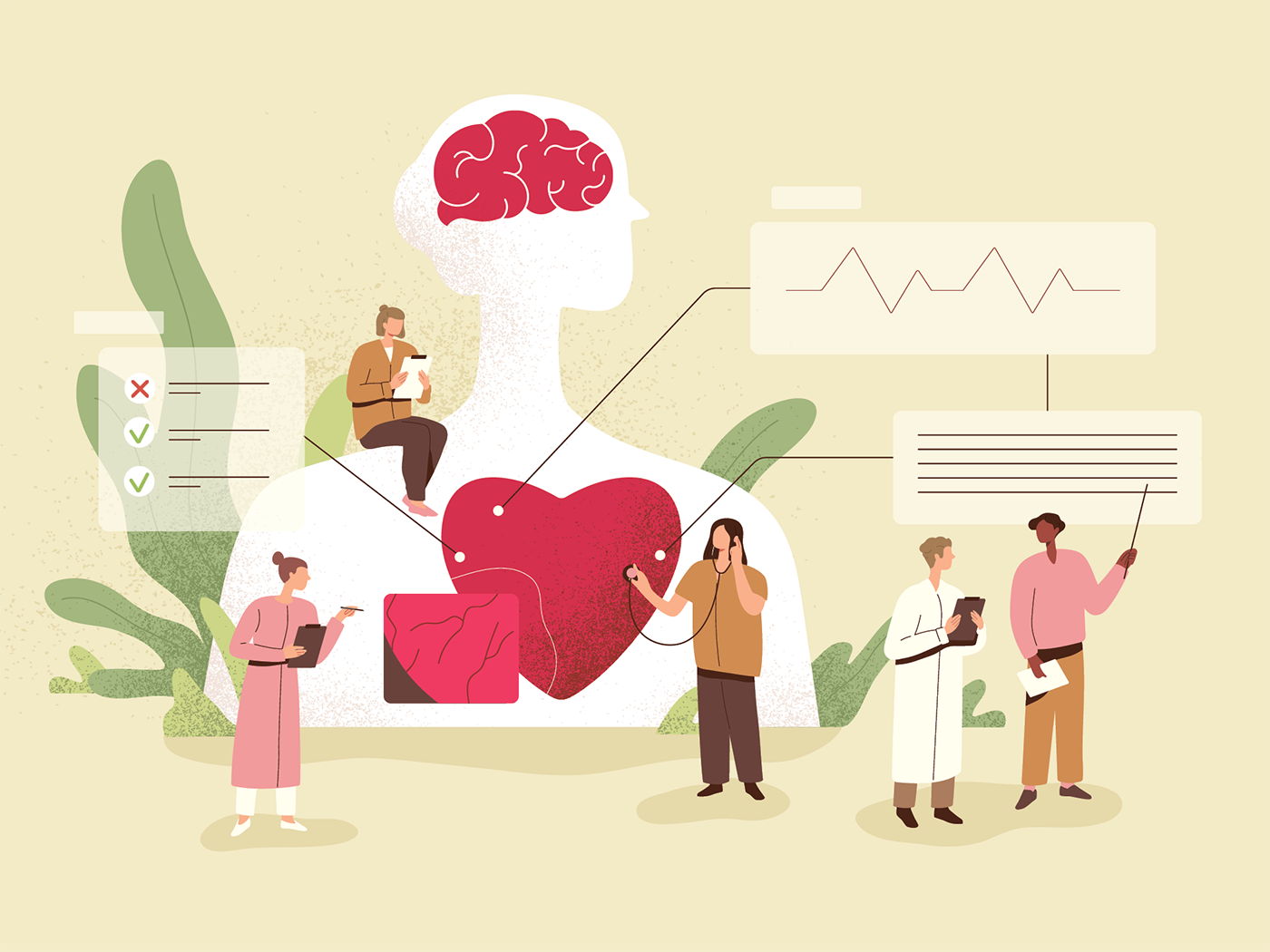
Up to a fifth of stroke patients do not present with a history or cause. We still do not know what the optimum treatment duration for a patient with a blood clot in the heart is. Patients experience a loss of memory and mood after a heart attack and have worse outcomes, but we do not know exactly why nor how to prevent it. This realisation of a pressing need has been the catalyst for our investigation into the complex interplay of cardiovascular and neurological diseases.
Both systems are linked by shared risk factors of disease, common pathophysiological mechanisms, and the extensive crosstalk between the heart and the brain. To delve deeper into this field, we created an interdisciplinary research team, StroCar, in 2019. This marked the beginning of an ambitious journey to unravel the intricacies of the linkages between heart and brain diseases—one of the most formidable challenges in contemporary healthcare.
The burden of cardiocerebral diseases
The urgency of this quest is underscored by alarming statistics. In Singapore, ischaemic heart disease and cerebrovascular diseases were responsible for nearly a quarter of all deaths in 2021.
Globally, cardiovascular disease, neurological disorders and mental health issues collectively account for 616 million disability-adjusted life years. This staggering figure reflects not just mortality, but a profound loss of healthy, productive life years. Confronting this stark reality, StroCar aims to alter the trajectory of these diseases, reducing both morbidity and mortality.
The StroCar initiative: A multidisciplinary approach
Led by Dr Sia Ching Hui from Cardiology and Drs Leonard Yeo and Benjamin Tan from Neurology, the team embodies a synergy of diverse expertise. This collaborative environment fosters a dynamic exchange of ideas, transforming everyday clinical challenges into opportunities for research and discovery. Active discussions of clinical conundrums faced in daily practice serve as inspiration for our research. We actively collaborate across a range of specialties, including Neurosurgery, Neuroscience, Psychiatry, Psychology, Endocrinology, Hepatology and Emergency Medicine. We also collaborate with centres in the United States, United Kingdom, Europe and Asia. In addition, one of the team’s core missions is to train the next generation of clinical investigators—the team is continuously enriched by an influx of residents and medical students, ensuring the perpetuation of knowledge.
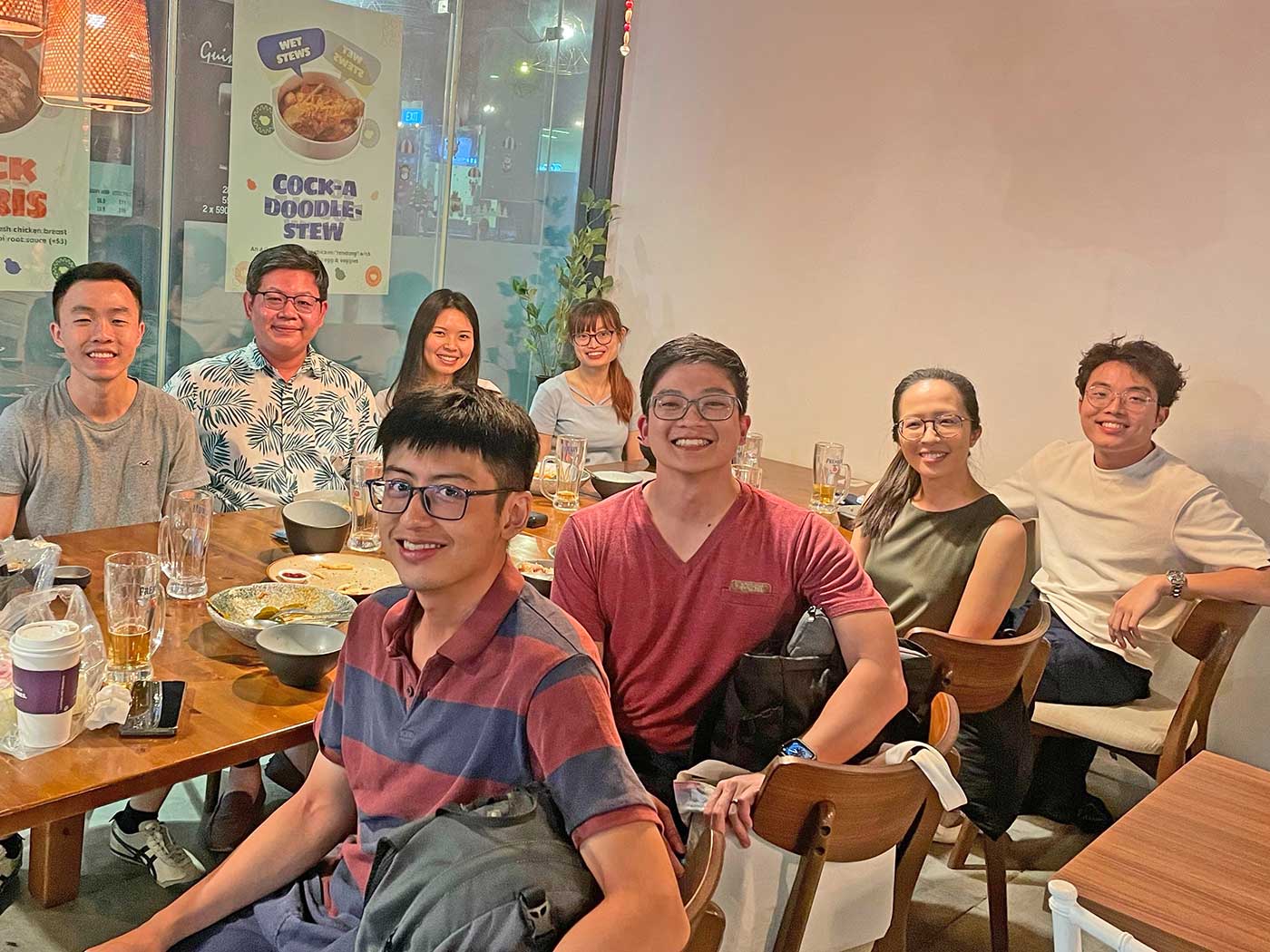
Dr Sia Ching Hui (first from left in front row) and Dr Benjamin Tan (second from left in back row) with internal medicine residents from NUHS who are part of the StroCar team.
Research focus and methodologies
StroCar’s research spans a wide spectrum, investigating conditions like left ventricular thrombosis, cardio-cerebral infarction, embolic stroke of undetermined source (ESUS) and cardio-cognitive disease. Methodologically, the team employs a blend of retrospective and prospective cohort studies, meta-analyses, and advanced novel imaging and deep-phenotyping techniques. This multifaceted approach allows for a comprehensive understanding of disease pathogenesis and progression.
Significant strides have been made by team members. Dr Sia Ching Hui’s exploration into cerebral dysfunction post-myocardial infarction is supported by the National Medical Research Council’s (NMRC) New Investigator Grant and Transition Award. Dr Benjamin Tan integrates genomics and neurovascular imaging to unravel precise mechanisms, and functional outcomes and recovery in young adults with stroke. He is supported by both intramural and extramural fellowships. Dr Leonard Yeo’s study into intracranial stenosis and stroke biomarkers is also supported by NMRC. We are also leading a cutting-edge programme in studying patients with embolic stroke of undetermined source, using a novel hybrid cardiac positron-emission tomography-magnetic resonance imaging scan to study the pathogenesis of ESUS.
Recognition and achievements
The team’s mentorship programme includes Drs Aloysius Leow and Jamie Ho, both internal medicine residents at the National University Health System (NUHS). They have garnered international acclaim with Young Investigator Awards and the Paul Dudley White International Scholar Awards, reflecting the relevance and quality of StroCar’s research. Dr Teo Yao Hao, also an internal medicine resident at NUHS, is the recipient of the selective Dean’s Fellow award at NUS. Yong Loo Lin School of Medicine, National University of Singapore (NUS Medicine) students mentored by StroCar have also won various awards at the school and international level. Mr Teo Yao Neng, currently a phase 5 student, was the abstract winner for the previous joint American College of Cardiology/Singapore Cardiac Society Meeting. These accolades are validations of the team’s work.
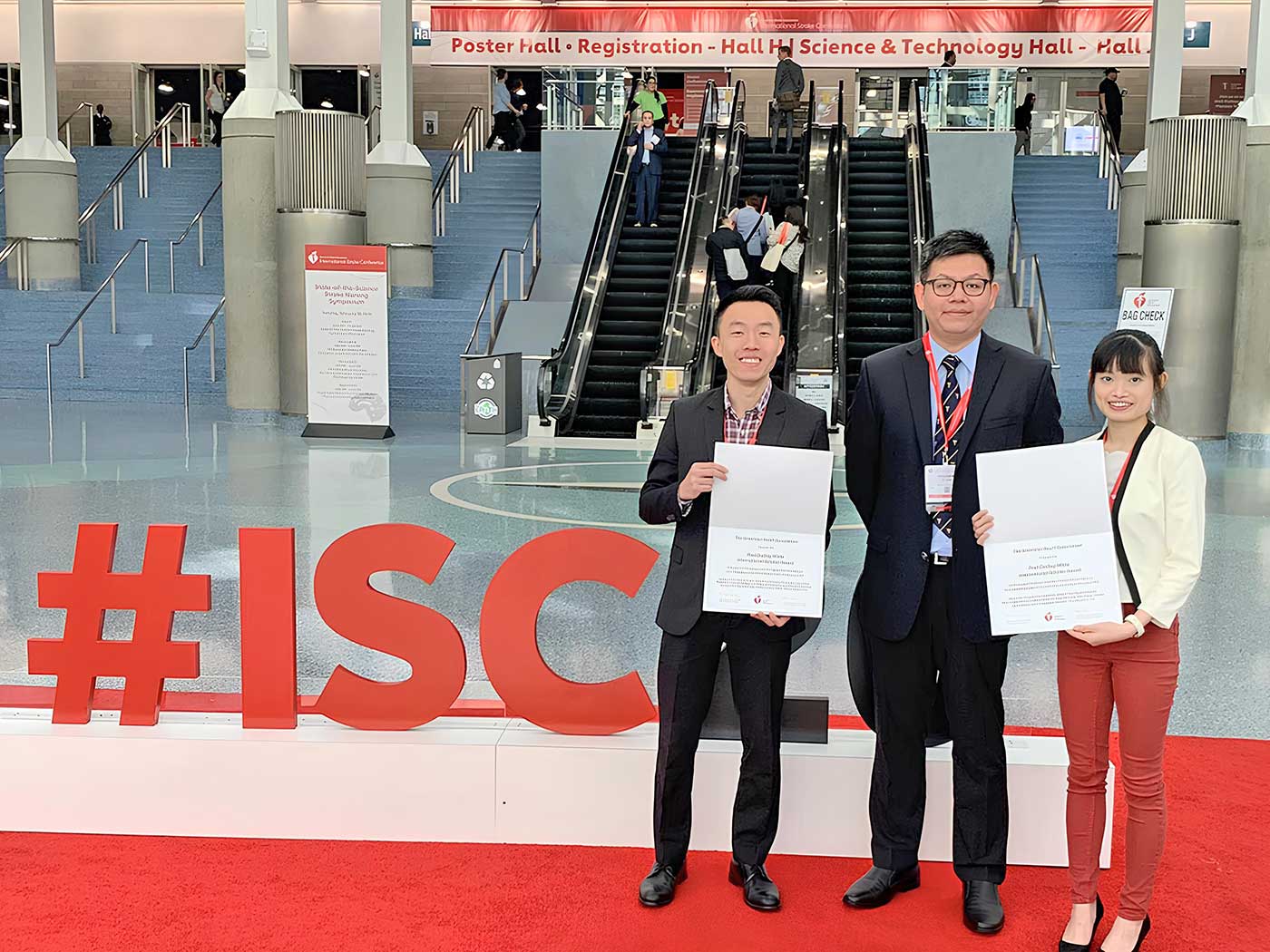
(From left to right) Dr Aloysius Leow, Dr Benjamin Tan, and Dr Jamie Ho at the International Stroke Conference, with the Paul Dudley White International Scholar Awards.
Vision for the future
Looking ahead, StroCar aspires to broaden our horizons. Expanding the core team, forging global collaborations, and enhancing patient education and advocacy are pivotal to our future endeavours. The team actively seeks like-minded individuals and institutions to join this pioneering journey. StroCar’s website (www.strocarcollab.com) showcases our achievements and invites participation from those inspired by our mission.
Conclusion
StroCar is not just a clinical or research initiative. We aspire for StroCar be a beacon of hope in the fight against cardiocerebral diseases. The multidisciplinary approach, combined with a commitment to innovation and education, positions StroCar uniquely to address some of the most pressing medical challenges of our time. As the team continues to unravel the complexities of heart-brain interactions, we aim to make discoveries that could transform medical practice and improve countless lives.
More from this issue
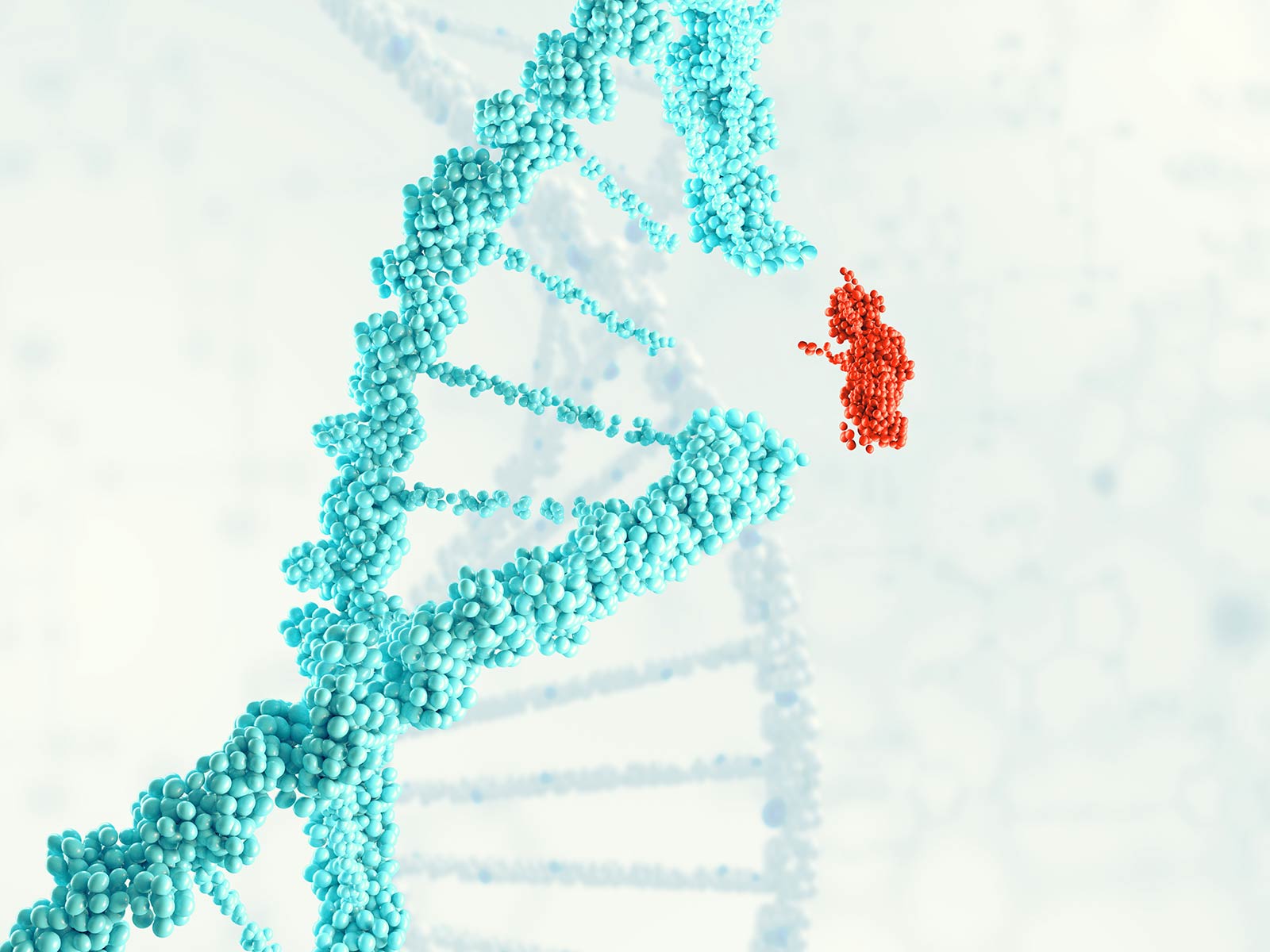
A WORLD IN A GRAIN OF SAND
The Road Less Travelled – Splicing in Trans: From a Natural Phenomenon to Gene Therapeutic Applications


